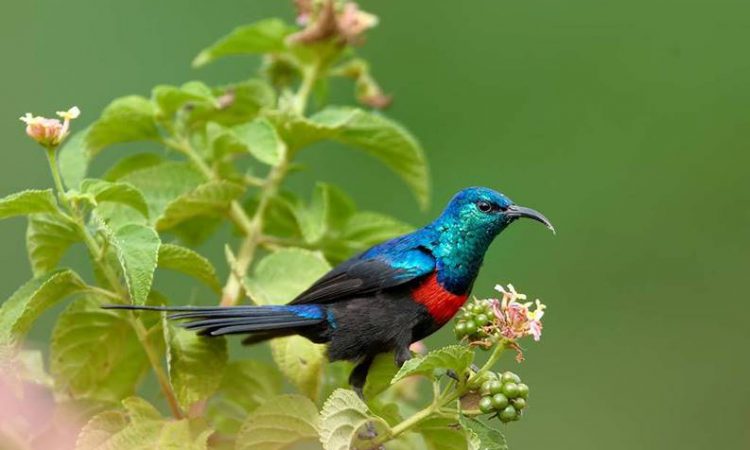Interesting Facts about Rwanda
Rwanda is a country in the central part of Africa; it’s a mountainous country often related toSwitzerland in Europe. The country covers an area of about 26,338 square kilometers. Rwanda has always been known for its genocides, where over 800,000 people were killed within 100 days, though it also has its own good side to offer tourists, more so the endangered mountain gorillas.
Here are some of the interesting facts about Rwanda:
The killing of the famous Dian Fossey a primatologist and author of gorillas in the mist happened in Rwanda in 1985.
Mount Karisimbi is the highest peak of Rwanda.
Rwanda boasts three national parks and other protected areas.
The Kigali memorial site contains the remains of over 250,000 people; from this center you can learn a lot about the Rwandan genocide.
The Hutu dominated Rwanda in 1959 and massacred most Tutsis, establishing a Hutu-dominated state in 1962 when Rwanda got its independence.
The Tutsi led the Rwandan Patriotic Front army war in 1990 which caused tension among the Hutu people.
The Rwandan genocide began in 1994 after the Hutu president of Rwanda was assassinated when his presidential plane was shot down at Kigali International Airport.
The first European to explore Rwanda was Gustav Adolf Von in 1894.
70% of the people in Rwanda are literate.
During the First World War, Belgian forces captured Rwanda and Burundi from the Germans.
Agriculture and cattle are the traditional Rwandese way of life.
During the eleventh century, the Hutu people settled in Rwanda, and during the fifteenth century, the Tutsi people settled there.
Rwanda is the most densely populated country in Africa.
Rwanda is one of the only three countries in the world where you can see mountain gorillas.
Rwanda is one of the cleanest countries in the world because it has a community cleaning day, during which all people contribute to cleaning their neighborhoods on the last Saturday of each month.
The Rwandan Parliament consists of more female members in parliament than any other country in the world.
Plastic bags are not allowed in Rwanda; landing in the country with them will lead to their confiscation.
Rwanda is also one of the world’s smallest nations; it’s most likely comparable to Vermont, except that the population in Vermont is smaller.
Flip-flop sandals were banned in Rwanda with the aim of expelling jiggers.

Rwanda rears livestock and grows bananas, tea, coffee and pyrethrum.
From 2006 to 2011 poverty was reduced in Rwanda through the provision of a cow to every poor family; this reduced malnutrition and increased agricultural productivity, creating small business opportunities.
Rwanda is Africa’s leading digital revolution.

